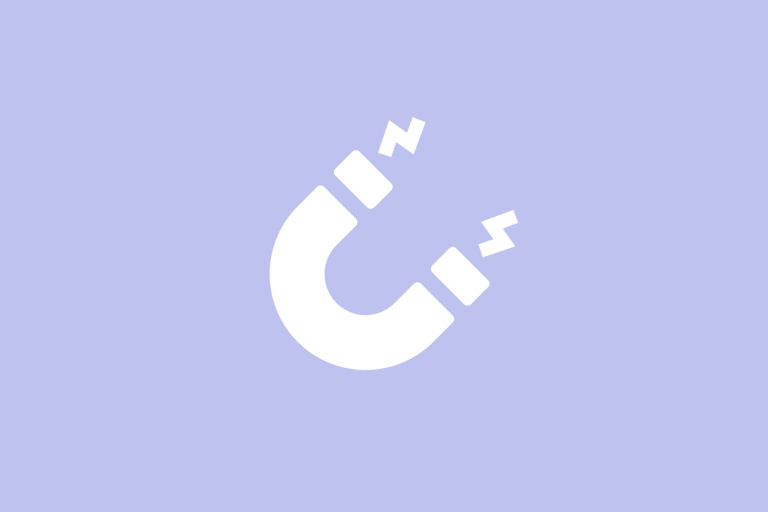What is URL Canonicalization?
URL canonicalization refers to the practice of selecting the preferred URL format for a web page and informing search engines of this choice. It involves consolidating multiple versions of a URL to a single, canonical version, thereby avoiding potential issues related to duplicate content and ensuring that search engines accurately attribute the content to the desired URL.Types of URL Variations
www vs. non-wwwWebsites may be accessible through URLs with or without the "www" prefix, leading to potential duplication if not properly addressed.
HTTP vs. HTTPS
The presence of both HTTP and HTTPS versions of a website can lead to duplicate content concerns if not managed effectively.
URL Parameters
Dynamic URL parameters, such as session IDs or tracking parameters, can generate multiple variations of the same page, complicating search engine indexing.
Benefits of URL Canonicalization
Avoiding Duplicate Content PenaltiesBy specifying the canonical version of a URL, website owners can prevent potential penalties from search engines related to duplicate content issues.
Consolidating Page Authority
URL canonicalization helps consolidate the authority of a web page by ensuring that all signals, such as backlinks and social shares, are attributed to a single canonical URL.
Enhancing User Experience
Standardizing URLs improves user experience by providing a consistent and clear web address for accessing content, reducing confusion and improving navigability.
Implementing URL Canonicalization
Canonical TagsUtilize canonical tags within the HTML of web pages to specify the preferred URL, guiding search engines to recognize the canonical version of the content.
301 Redirects
Implement 301 redirects to direct traffic from non-canonical URLs to the preferred canonical version, consolidating the authority of the content under a single URL.
Google Search Console
Leverage Google Search Console to set preferred domain versions and inform Google of the canonical URL for a web page.
URL canonicalization is an essential practice for optimizing web addresses, consolidating content authority, and mitigating potential issues related to duplicate content. By standardizing URL versions, employing canonical tags, implementing 301 redirects, and leveraging webmaster tools, website owners can effectively communicate to search engines the preferred version of their web pages. This proactive approach not only aids in maintaining search engine visibility and authority but also contributes to improved user experience and navigability across websites.







